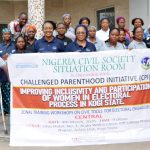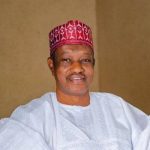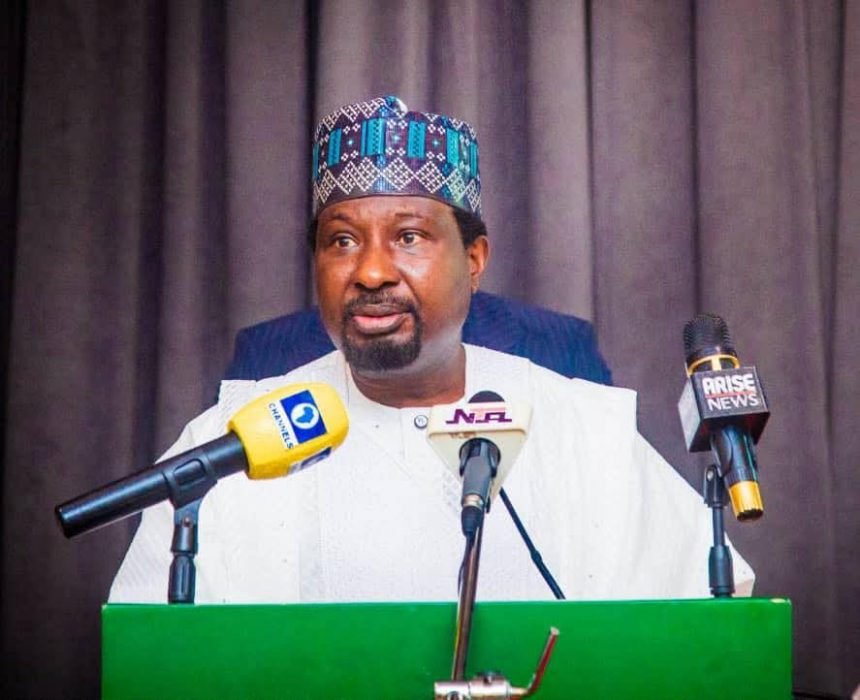Harnessing AI for Parliamentary Efficiency: A New Dawn for ECOWAS.
By Bala Salihu Dawakin Kudu Democracy Newsline Newspaper
September 22nd , 2025p
In the heart of the Garden City of Port Harcourt, where the serene waters of the Bonny River meet the vibrant pulse of progress, history was made. The sun rose not just on another day, but on a renewed vision for West Africa—one guided by innovation, inclusivity, and foresight. Delegates from across the subregion gathered for the Second ECOWAS Parliamentary Seminar of the year, under the profound theme: “Harnessing Artificial Intelligence for Parliamentary Efficiency, Ethical Governance and Development in the ECOWAS Region.”
The seminar commenced with an air of anticipation and purpose. As the Deputy Speaker of the ECOWAS Parliament and leader of the Nigerian delegation, I stood before my colleagues, humbled yet resolute. In my opening remarks, I paid tribute to the visionary leadership of His Excellency, President Bola Ahmed Tinubu, whose unwavering dedication to democratic ideals and ethical governance has continued to position Nigeria as a bastion of regional stability and innovation.
Under President Tinubu’s stewardship, Nigeria has embraced a forward-looking posture—one that champions technological advancement, economic transformation, and the strengthening of democratic institutions. Nigeria’s role in ECOWAS is not incidental; it is foundational. From the earliest days of our Community, Nigeria has been the heartbeat of integration, the anchor of peace, and a consistent voice for progress.
This seminar’s theme struck a powerful chord with every delegate present. Artificial Intelligence, once confined to academic speculation and science fiction, has become an undeniable force—reshaping economies, redefining the nature of work, and reimagining how governments engage with their citizens. It is not the future; it is the now.
Senator Barau I Jibrin, the Deputy Senate President of Nigeria, echoed these sentiments passionately. With a commanding presence and statesmanlike tone, he reaffirmed Nigeria’s unshakable commitment to the ECOWAS Parliament. He called on his colleagues to rise to the occasion—not just to discuss AI, but to understand it, to shape it, and to embed it meaningfully in the governance architecture of the region.
> “Artificial Intelligence,” he declared, “is a tool, not a threat—if we understand it, regulate it, and apply it with a human-centred ethic.”
The seminar’s agenda was rich and ambitious: from AI-powered legislative drafting and real-time policy analysis, to digital oversight mechanisms and citizen engagement platforms. Panels delved into how natural language processing could aid legislative research, how machine learning could predict economic trends, and how AI could assist in monitoring the implementation of parliamentary resolutions.
Yet, the discussions were not naïvely optimistic. Experts and parliamentarians alike confronted the difficult questions:
What legal frameworks are needed to govern AI deployment ethically?
How can we avoid deepening the digital divide between member states?
A consensus began to form: while AI can revolutionize how parliaments function—making them more efficient, transparent, and responsive—it must be pursued with caution, competence, and compassion.












